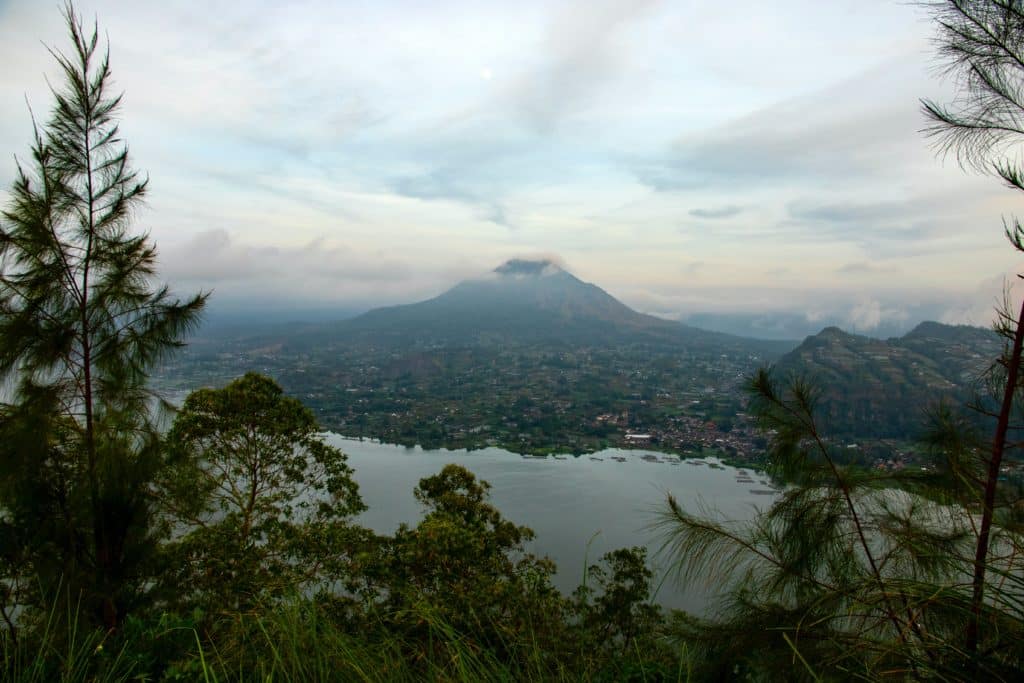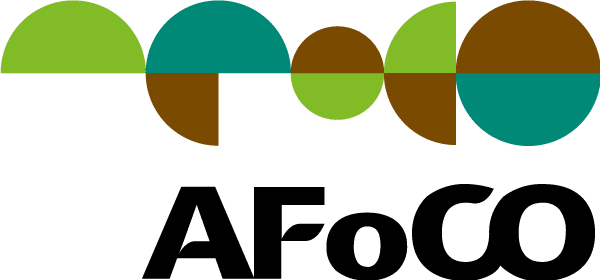May 2022 — AFoCO, together with the National Institute of Forest Science of the Republic of Korea (NIFoS) and the Center for Standardization of Disaster and Climate Change Instruments, Agency for Standardization of Environment and Forestry Instruments (under Indonesia’s Ministry of Environment and Forestry) signed an Implementation Agreement to launch the project on “Community-Government Restoration, Recreation, and Livelihood in Batur UNESCO Global Geopark in Indonesia for Climate Resilience (AFoCO/033/2022)”.
Located in Bali, Indonesia, Batur UNESCO Global Geopark is of great global, national, and local importance, and is also a major tourist attraction in the country. Nevertheless, most of the park’s natural environment has been degraded and is occupied by numerous settlements with low-income profiles, and unsustainable land use practices that have a negative impact on livelihood resilience, notably, the world-famous tourism sector in the southern part of Bali island. Batur UNESCO Global Geopark offers potential for the community–government-managed ecotourism to support the restoration that encourages the achievement of the government commitment to restoring drylands and fulfilling the targets of Indonesia’s Forestry and other Land Use (FoLU) Net Sink 2030 which is in line with the UN Decade on Ecosystem Restoration 2030.
This project aims to:
- Analyze the type and extent of existing resources and residents’ needs and priorities.
- Identify and analyze potential benefits from possible enhanced livelihood activities.
- Analyze the strengths and weaknesses of the existing community- engagement-based economic revitalization plan and provide recommendations; and
- Develop a community-based forest culture model that links forest recreation and local livelihoods, including developing standards involved in developing this model.
The project model will drive the development of ecotourism-based restoration of the Geopark through its multistakeholder, participatory approach and ability to focus investments in various sectors for tangible returns. The project will create a database of local resources and a map of the activity of communities and stakeholders, improve local livelihood activities, provide recommendations based on the review of the existing master plan, and develop a forest restoration model for regional revitalization based on community needs and priorities. A policy brief related to standards and procedures of a community-based forest culture model that links forest recreation and local livelihoods for climate change resilience in Geopark landscapes will also be introduced.
This project will support the Landscape Partnership Asia and is in line with the Green Growth 2050 Roadmap for Bali Tourism (Masterplan Geopark Batur 2011:3). It also supports the Program of Master Plan for the Rehabilitation of Critical Lands 2020-2030 and Social Forestry to manage the forest together with the community, as a vision and mission of the Ministry of Environment and Forestry.

Contributed by Altangadas Janchivdorj, 2022 AFoCO Fellowship Official from Mongolia

